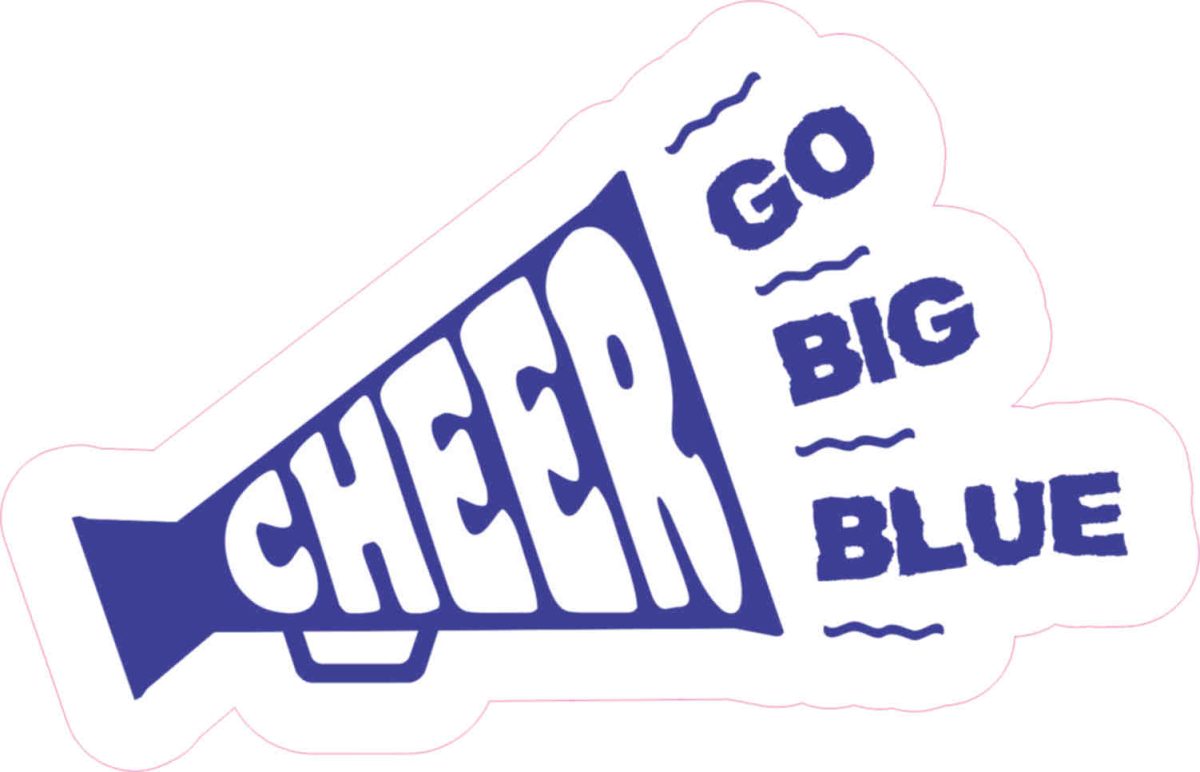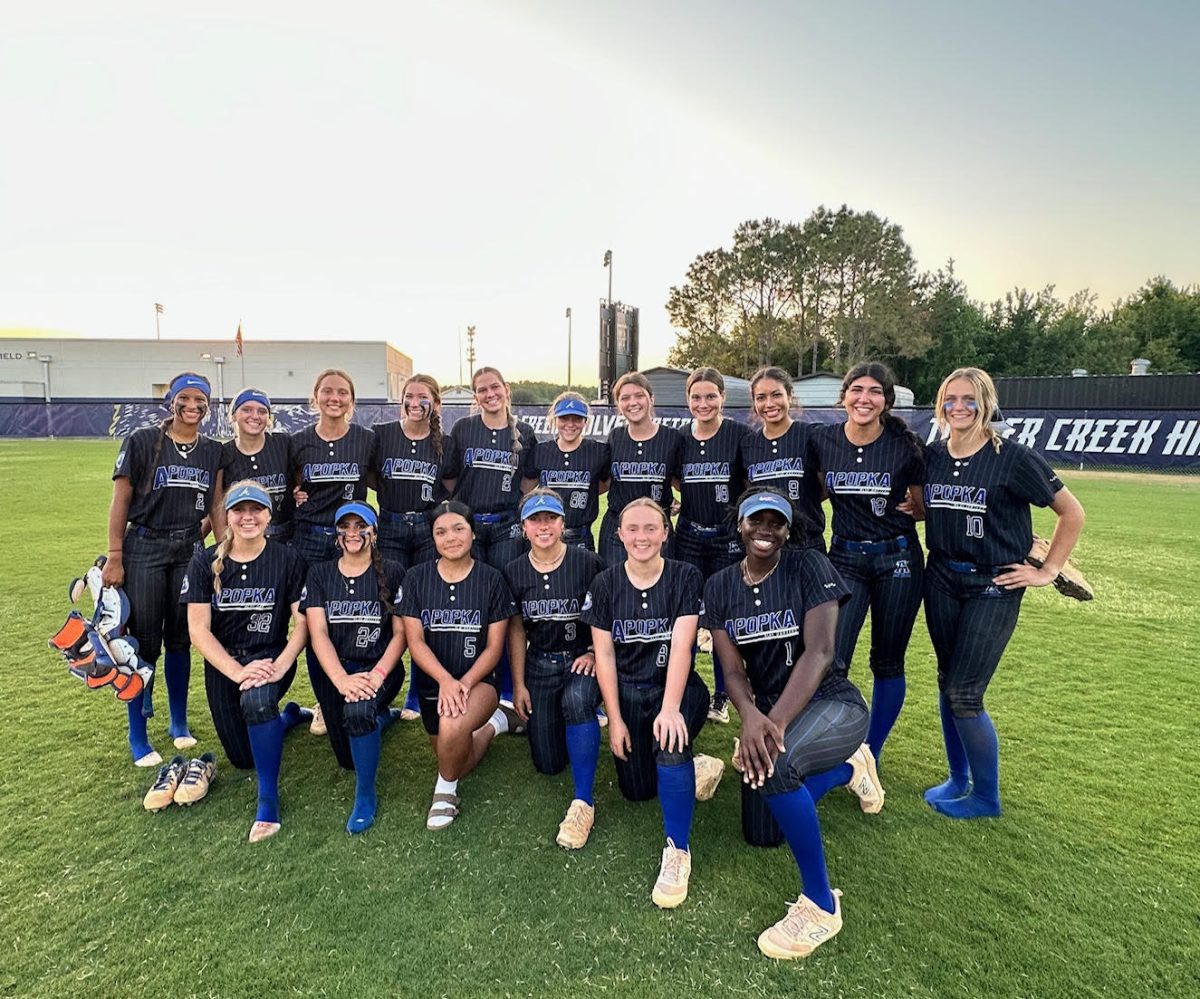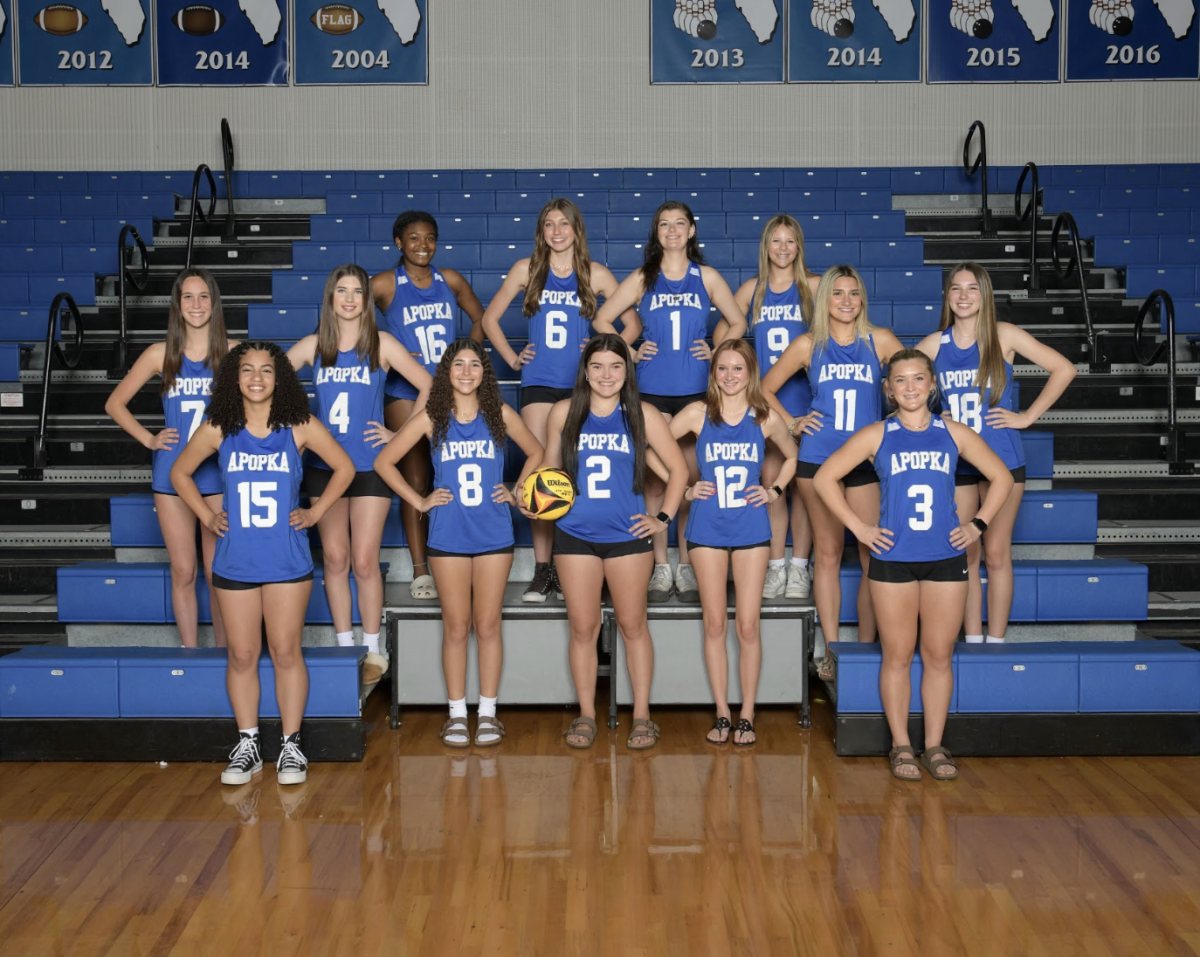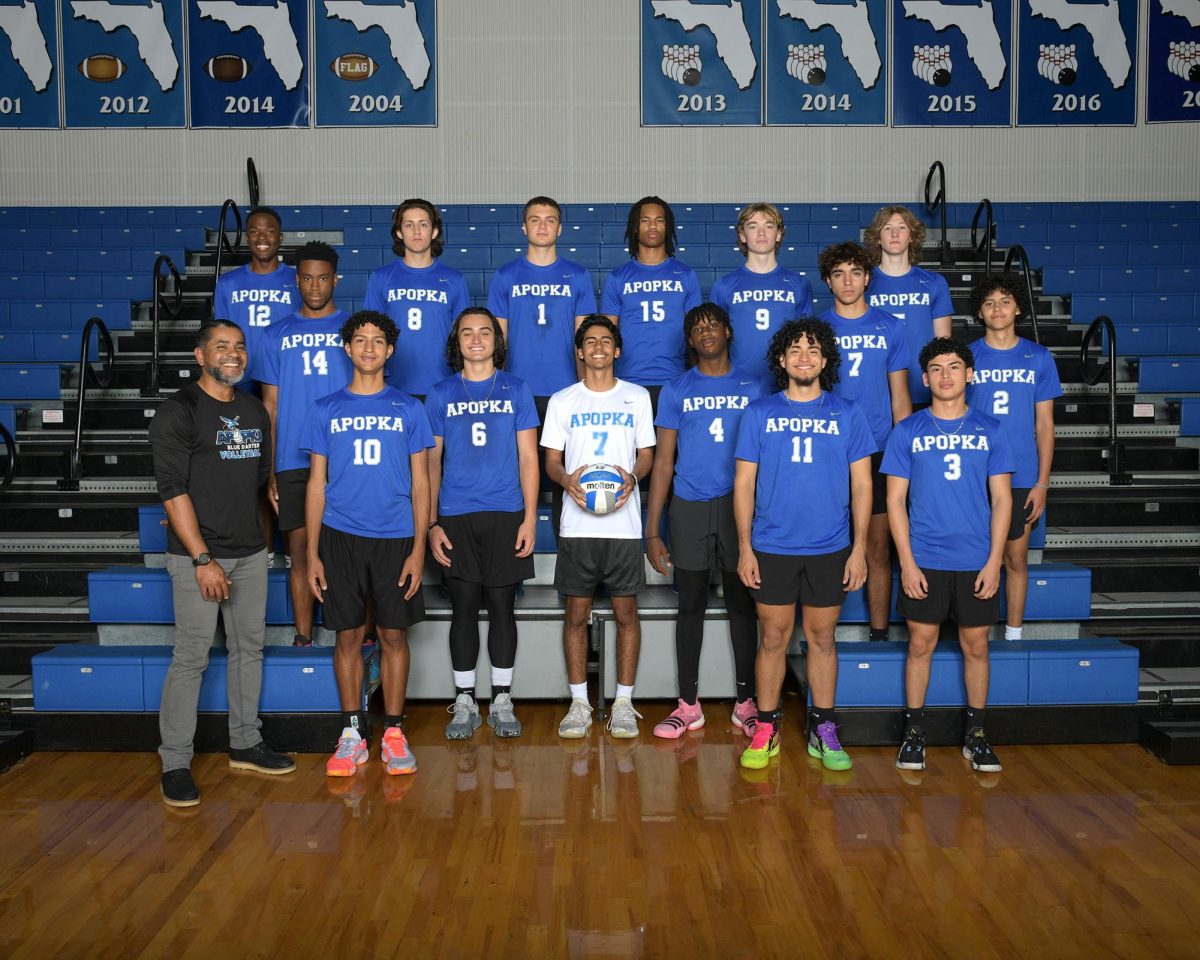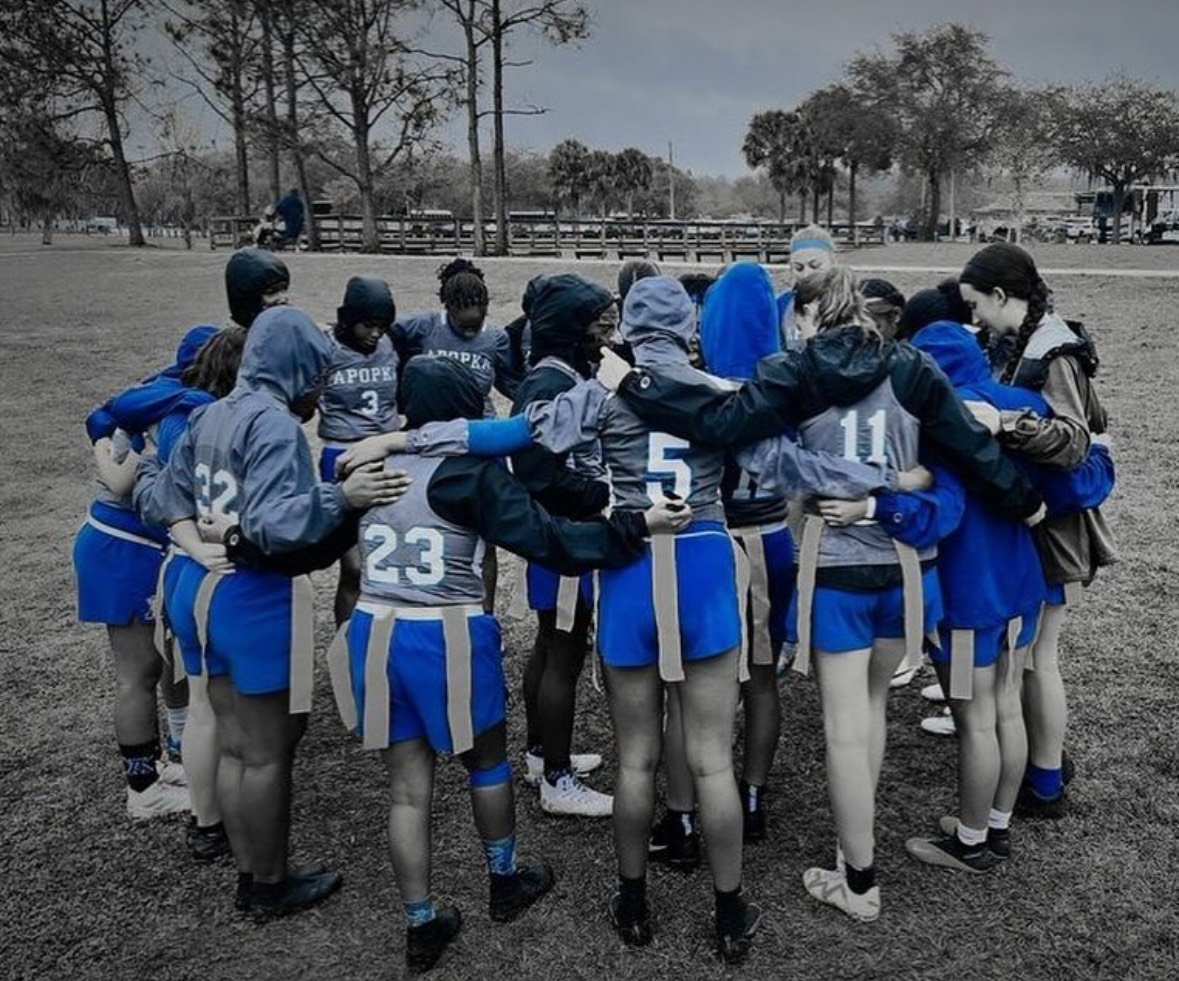Golf is a sport that demands a great deal of mental toughness and focus. Players must remain calm and composed under pressure, whether dealing with a difficult shot or competing in a high-stakes tournament. They must also be able to bounce back from setbacks and stay motivated throughout the game. These mental skills differentiate great golfers from average ones and often make the difference between winning and losing. These aspects are what make golf the intense, exciting sport it is. It tests not only the critical skills of a player but also their ego and perception of the game.
According to Coach Jordan Walker, head coach of Apopka High, the golf team will face many schools throughout the current season, with their biggest competition being “Windermere [because of their] outstanding golf program with two competent coaches and great players.” Due to these challenging schools, building a fortitude of mind is essential when going against them. Mental strength is an aspect many golfers mention. Eaton Casillas, a senior, takes inspiration from his favorite player, Tiger Woods when approaching the mental aspect. Eaton Casillas mentions the importance of competing with an open mind. He says, “The person with an open mind that if they make a bad shot, just to let it go and then try to make their next shot better because, in my opinion, it’s more of a mental game than the physical game.” Myah Jones, a junior, would agree with this, adding that “is to not think about beating my opponents but think about beating the course instead.” These perspectives when playing are crucial because they can make or break a player.
Similarly, Coach Walker states his approach to developing this perspective. He instills “the mindset that mistakes happen,” and he reminds his players of a quote to “be a goldfish and forget what just happened and move on” because “you cannot dwell on the negative shots, but instead you should move on to the next shot and refocus.” These are the words many golfers tell themselves, especially when facing challenging courses and making common avoidable mistakes.
One of the challenging courses is “Black Panther in Orange County National,” according to Eaton. He mentions how the course was demanding because that is where he shot his “highest most difficult score.” Challenging courses like this allow players to assess their successes and faults and how they can improve on them. As said by Eaton Casillas, “Many common mistakes seen particularly in swinging, is slicing due to playing baseball first.” This can lead to someone having a “bad hole, [ which can] affect the rest of the game.” Myah states. Myah and Eaton suggest that consistency and tweaking can prevent these faults. Another vital thing to note is the critical skills needed for golf and what makes it so appealing.
Golf is a sport that requires focus, coordination, consistency, and patience. These aspects comprise the bulk of critical golf skills, with one of the most important being arguably making a good shot, even if it’s a miss. This means creating a shot in an excellent position to have a good game with. Another critical element is consistency with your swings, so you have something to work on. These details help comprise the golf’s difficulty and tasks that fascinate the sport. According to Eaton Casillas, “being able to finish what you started” and “going in with a goal and finishing it” makes golf stand out to him. Meanwhile, with Myah Jones, the best aspect of golf is the team and experiencing “fun playing with them,” showing how versatile golf is and that it’s more than just a sport but a family. These attributes help us realize that golf is more than just a physical sport but a mental sport with challenges, skills, and aspects, allowing for a deeper appreciation.

